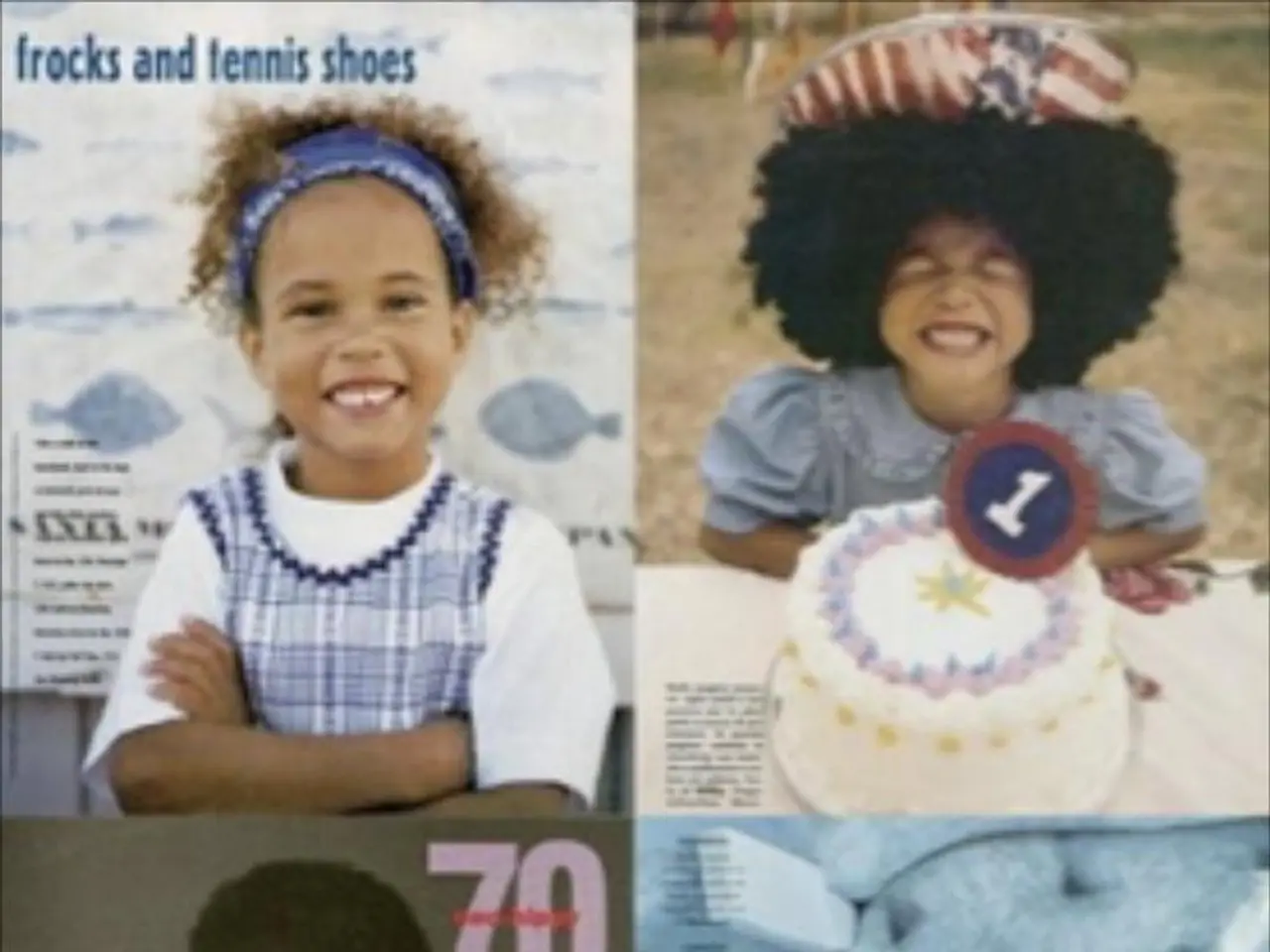Kids with learning disabilities found representation and solidarity in 'The Cosby Show', featuring actor Malcolm-Jamal Warner as Theo Huxtable.
In the late '80s, a groundbreaking episode of "The Cosby Show" brought mainstream attention to learning disabilities, particularly within the African American community. The storyline of Theo Huxtable, played by Malcolm-Jamal Warner, was based on Bill Cosby's real-life experience with his son Ennis, who was diagnosed with dyslexia.
The episode "Theo’s Gift," aired in 1989, highlighted the struggles of a well-raised, intelligent Black teenager grappling with dyslexia. The narrative demonstrated a supportive family environment, where Theo's parents shifted from blaming to helping by understanding his learning difference, offering a cohesive portrayal of a Black family unit that uses its resources to uplift a child with disabilities.
This positive representation challenged earlier educational exclusion practices, emphasizing the importance of proper diagnosis, support, and inclusion, as reflected in laws such as the Education for All Handicapped Children Act (later IDEA). The episode served as a pioneering moment for representing African American children with learning disabilities, helping to mainstream dyslexia awareness and foster greater empathy and support for students who learn differently.
Malcolm-Jamal Warner has noted in interviews that the episode inspired many viewers to learn about their own dyslexia or seek testing, demonstrating media’s power to influence public understanding of learning disabilities. The portrayal contextualized academic struggles in a sensitive way, adding depth to Theo’s character and contributing to a broader dialogue about learning disabilities on television, especially among African American audiences who had less representation in this area.
However, the episode also highlighted the challenges many families face in obtaining a dyslexia diagnosis, particularly in the '80s and the 2020s. Valissa Thompson, a social worker and disability advocate, noted the under-diagnosis problem among Black kids in society, stating that Theo's nuanced portrayal as a Black teenager with a learning disability offers important intentional representation.
A study from 2024 indicated that educators often fail to identify African American children with dyslexia, a problem that was shown to be widespread, even in well-to-do families. The difficulty of diagnosing dyslexia in African American children can affect their self-esteem, academic performance, and lead to a belief among children that "they are 'dumb."
Despite the limited academic research specifically focused on this episode’s long-term cultural impact, "Theo's Gift" is often cited as an example of how television can challenge stereotypes and encourage educational inclusivity. Further studies on media representation and learning disabilities in African American communities are ongoing, aiming to understand the lasting effects of this pioneering episode on public perception and support for students with learning disabilities.
- Science and education-and-self-development intertwine as researchers study the long-term cultural impact of "Theo's Gift," an episode that revolutionized the representation of African American children with learning disabilities on television.
- Mental-health practitioners emphasize the significance of early diagnosis and support in overcoming the self-esteem issues and academic performance obstacles faced by African American children with dyslexia, as highlighted by the challenges Theo Huxtable's character faced in the story.
- In the realm of health-and-wellness and fitness-and-exercise, the portrayal of Theo as a well-raised, intelligent teenager grappling with dyslexia encourages a more empathetic and holistic approach to understanding and supporting individuals with learning differences.
- Personal-growth and learning are fostered as many viewers, inspired by Malcolm-Jamal Warner's portrayal of Theo, seek testing for their own dyslexia or delve deeper into education-and-self-development resources to better understand and support individuals with diverse learning needs, maintaining the ongoing dialogue about learning disabilities on television.




